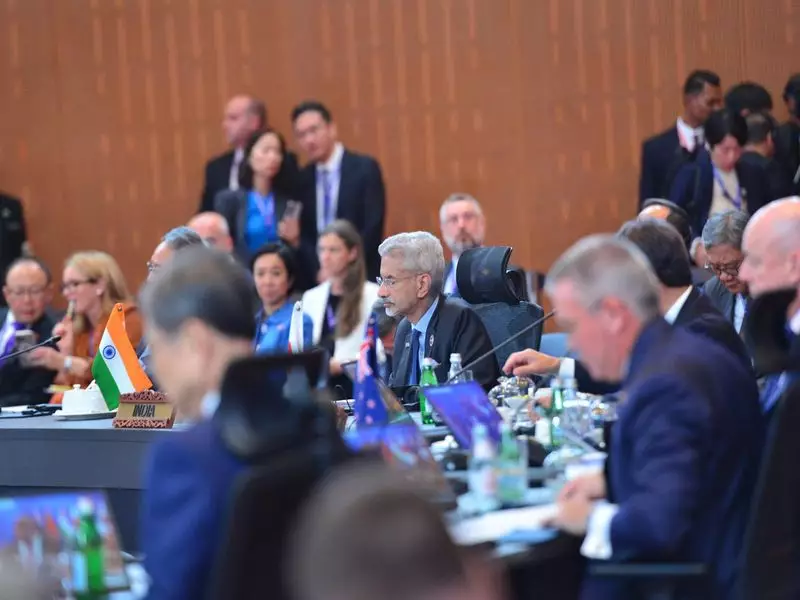
In a powerful address that resonated across the international diplomatic community, External Affairs Minister Dr. S. Jaishankar delivered India's unequivocal stance on counter-terrorism at the recent East Asia Summit. The seasoned diplomat left no room for ambiguity regarding New Delhi's position on national security matters.
India's Uncompromising Stand on National Security
Dr. Jaishankar emphasized that India's fundamental right to defend itself against terrorist threats remains absolute and non-negotiable. His statement came during high-level discussions where global security challenges took center stage among participating nations.
'Our right of defence against terrorism can never be compromised,' declared the External Affairs Minister, underscoring the critical importance that India places on safeguarding its citizens and territorial integrity from cross-border threats.
Diplomatic Firmness in Multilateral Forum
The East Asia Summit, comprising key global players and regional powers, provided the perfect platform for India to articulate its security concerns. Dr. Jaishankar's firm articulation of India's counter-terrorism doctrine reflects the nation's growing confidence in asserting its security priorities on the world stage.
This assertive diplomatic posture comes at a time when global terrorism continues to evolve, presenting new challenges to international peace and stability. India's message serves as a reminder that the fight against terrorism requires unwavering commitment and zero tolerance from the international community.
Strengthening Regional Security Cooperation
Beyond stating India's position, Dr. Jaishankar's participation in the summit also focused on enhancing collaborative security mechanisms among member nations. The discussions highlighted the need for collective action and intelligence sharing to combat the transnational nature of modern terrorist networks.
The Minister's address reinforced India's role as a responsible stakeholder in regional security architecture while firmly protecting its sovereign rights to self-defence against any form of terrorist aggression.





